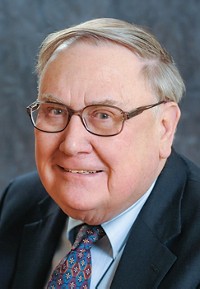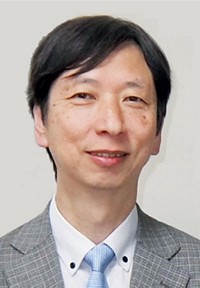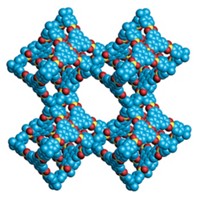Advertisement
Grab your lab coat. Let's get started
Welcome!
Welcome!
Create an account below to get 6 C&EN articles per month, receive newsletters and more - all free.
It seems this is your first time logging in online. Please enter the following information to continue.
As an ACS member you automatically get access to this site. All we need is few more details to create your reading experience.
Not you? Sign in with a different account.
Not you? Sign in with a different account.
ERROR 1
ERROR 1
ERROR 2
ERROR 2
ERROR 2
ERROR 2
ERROR 2
Password and Confirm password must match.
If you have an ACS member number, please enter it here so we can link this account to your membership. (optional)
ERROR 2
ACS values your privacy. By submitting your information, you are gaining access to C&EN and subscribing to our weekly newsletter. We use the information you provide to make your reading experience better, and we will never sell your data to third party members.
Materials
ACS Award In The Chemistry Of Materials
Recipients are honored for contributions of major significance to chemistry
by Ivan Amato
February 16, 2009
| A version of this story appeared in
Volume 87, Issue 7
Sponsored by E.I. du Pont de Nemours & Co.
Geometry is at the heart of chemistry, and in the work of Omar M. Yaghi, this year's winner, the marriage of chemical form and function is blatant and welcome. In his metal organic framework (MOF) crystals and related networklike structures, which Yaghi, 43, collectively refers to as reticular chemistry, geometry becomes beautifully real.
What's more, chances are good that it will become useful, technology-generating geometry, too. BASF, the largest chemical company in the world, has begun selling several of Yaghi's structures. Trademarked as Basolite, the new line of microporous crystals is touted by the company as having "the world record in surface area"—on the order of a football field per gram.
Think of catalysis, carbon capture and sequestration to combat greenhouse gas emission, hydrogen storage for vehicles, and gas separation systems, and you get an idea of how Yaghi, a professor in the department of chemistry and biochemistry at the University of California, Los Angeles, envisions the future for this growing class of structures whose members already number in the thousands.
By mixing and matching metal oxide nodes with a wide variety of organic struts, Yaghi and his colleagues have made an enormous variety of MOFs. Using these and other molecular building blocks, Yaghi also has been making MOPs, COFs, and even ZIFs—that is, metal-organic polyhedra, covalent organic frameworks, and zeolite imidazolate frameworks, respectively. "The synthetic space is unbelievable," Yaghi says. And over the years, Yaghi has developed synthetic principles and procedures that have inspired others to join the MOF movement.
"The recent work of Omar Yaghi has vitalized and clearly dominates the field, indeed to a large extent has served to define it," collaborator Michael O'Keeffe of Arizona State University notes, referring to MOF R&D.
"He has certainly opened up this area of metal organic frameworks by demonstrating you can use organic molecules as Tinkertoys," adds professor of chemistry Michael D. Ward, director of New York University's Molecular Design Institute. "This enables you to develop a versatile class of compounds with an incredible diversity of functions," notes Ward, whose own work centers on designing molecular building blocks that assemble into solids by way of hydrogen-bonding.
Among MOFs' most tantalizing abilities is storing lots of carbon dioxide, methane, hydrogen, and other gas molecules without having to apply high pressures or cool down the gases. "I tell students it's like bees congregating on a honeycomb," Yaghi says.
Yaghi, one of 13 brothers and sisters, moved to America from Jordan when he was 15 years old to pursue an education. When he was applying for graduate school, he was captivated by a spherical metal oxide structure made by Walter G. Klemperer of the University of Illinois, Urbana-Champaign, which he saw in UI's graduate school catalog. Under Klemperer's tutelage, Yaghi earned a Ph.D. in 1990. After a two-year postdoctoral stint at Harvard University in Richard Holm's inorganic chemistry laboratory, Yaghi was a chemistry faculty member at Arizona State and then the University of Michigan, each time for seven years, before landing in 2005 at his present venue at UCLA. Among his previous awards is ACS's Solid-State Chemistry Award (1988).
Yaghi will present the award address before the Division of Inorganic Chemistry.






Join the conversation
Contact the reporter
Submit a Letter to the Editor for publication
Engage with us on Twitter